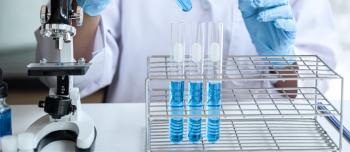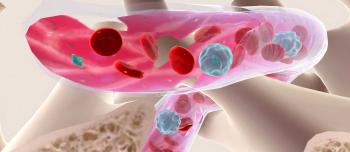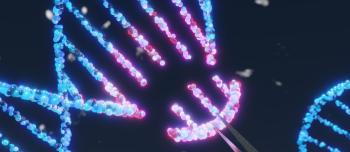Spark Therapeutics provided clinical trial updates on the company’s investigational gene therapies for hemophilia A and B, known respectively as SPK-8011 and SPK-9001. The updates were presented at the recent 59th American Society of Hematology (ASH) Annual Meeting and Exposition, which was held December 9-12, 2017 in Atlanta, GA.
SPK-8011 and SPK-9001 were developed with Spark’s proprietary bioengineered adeno-associated viruses (AAVs) that act as delivery vehicles, or vectors, to carry the genetic codes that prompt FVIII production in the case of hemophilia A, and factor IX in the case of hemophilia B. Their technology employs modified novel AAV vectors to deliver the corrected FVIII and FIX genes into liver cells where the protein is normally generated.
SPK-8011
Spark included interim results from a Phase 1/2 dose escalation trial of seven hemophilia A patients who received a single administration of SPK-8011. As of the Dec. 6, 2017 data cutoff, Spark reported that the first four participants who have been followed at least 12 weeks post infusion, have reduced their overall annualized bleeding rate (ABR) by 100% and have seen a 98% reduction in as annualized infusion rate (AIR). No serious adverse events have been observed to date.
“While still early in the dose-escalation clinical trial of SPK-8011, we are encouraged these data show clinically significant reductions in ABR and AIR with no serious adverse events reported to date,” said Katherine A. High, MD, president and head of research and development at Spark Therapeutics. “We look forward to continuing to enroll additional participants to further increase our understanding of how to optimize the potential efficacy of this investigational gene therapy.”
SPK-9001
Spark reported positive interim data results from a Phase 1/2 clinical trial of SPK-9001, which they are developing in collaboration with Pfizer Inc. as part of the SPK-FIX program which was established three years ago with the goal of developing and commercializing novel gene therapy-based treatments for hemophilia B. The ASH report included data on 11 hemophilia B patients who had been observed for a cumulative period of 13 years after receiving a single administration of SPK-9001. As of the November 29th data cutoff, all 11 participants had discontinued routine infusions of factor IX concentrates, showing sustained factor IX activity levels of 36%. In addition, overall ABR was reduced by 97% and AIR was reduced 99%. There were no reports of serious adverse or thrombotic events and no indications of inhibitors. Investigators plan to enroll four additional patients into this trial. “We believe these longer-term data are meeting critical goals of our hemophilia programs,” added High.
Source: Spark press releases dated December 11, 2017





